I am wary of mentioning General de Gaulle in these pages, if for no other reason than remembering Auberon Waugh many years ago arguing against a statue of the leader of the Free French being erected in London. Waugh’s objections were based firstly on the fact that statues only worked with togas because statuary did not favor the trouser leg. His second objection was that this country had fought a long and costly war to get General de Gaulle and his friends out of London.
That notwithstanding, I dare to mention de Gaulle here because he has been on my mind. Or at least one aspect of him has been on my mind. That is that glorious appeal he made to “La France profonde.” Anyone who has spent time in France — especially rural France — will know exactly what he was talking about.
It has seemed to me, especially on recent visits back to the UK from a range of foreign climes, that we could do with a similar phrase in the English language: “deep England” or “deep Britain” might do.
It was on my mind just before Christmas when I made a fleeting visit to the UK from the Middle East, and before that from the US. On arrival in the center of London I had a feeling of horrible disassociation. It came flooding over me while walking through Berkeley Square in the evening. There certainly wasn’t a nightingale in sight or sound. Instead — thanks largely to the mercantile hooliganism of Richard Caring — it had become one of the ugliest global playgrounds I have ever seen. And I’ve seen some things.
Between the appalling new Annabel’s on one side and the grotesque Sexy Fish on the other, the square was rammed full of people who looked either like pimps or prostitutes. There was almost no one in between. In particular — and not to deliberately sound too Taki-ish, much as I love him — it seemed to have become the playground solely of Gulf Arabs, Saudis and the like, all wafting perfume (men more than the women) and paying by the wads to get through the VIP red ropes to be charged through the nose to eat glitzy, overpriced mush.
I used not to mind this overmuch. At least these people all bring money into the country, I thought. None of them is among the millions of natives and non-natives who spend their time living off what remains of the state. But it still seemed just a bit much. I never used to be in the center of London and have the urge to get out.
Partly this was because this little enclave of obscene wealth was — I knew — so deeply unlike the rest of the country. I went to bed that night with a slight sense of sickness, as though I had indulged in too many of the overpriced cakes Mr. Caring and co use to lure people to their emporia.
Fortunately, over the next couple of days I had a chance to experience that deep Britain which lies outside of London. Visiting friends in a couple of different English counties, I had the good fortune to catch the first real frost of the winter. In the counties to the east of London it had frozen onto the trees. It was a magnificent scene. A Christmas display of nature’s own invention. I had to stop the car, watch and just breathe it in deeply for a while.
The friends I saw gave me a similar deep nutrition. We talked by the fireside of all the authors we loved and were reading, or whom their children were reading for the first time. The children practiced music that I had played myself at their age. A trip to the local church was a must, and as mustily enjoyable and en-deepening as ever, these being the true museums of our past — albeit sometimes on life support. There were conversations about schools, of course. Mainly about how to try to make sure that a child being brought up in Britain today can get any connection to the Britain of our past. As always, we agreed that the only way to do this is to put the education of every child in the land into the hands of Katharine Birbalsingh. But that is another matter.
Soon I was off to Wiltshire. And there, during a magnificent day’s shooting, I came across a different jewel of the English countryside. The deep valleys were covered in a great morning fog, and as we traipsed through the slight drizzle I remembered again — as I did in Scotland in my youth — that there is nothing better than a landscape you have to sometimes make a conscious effort to enter. This wasn’t Soho Farmhouse England (the countryside for people who don’t like mud). The pheasants flew high, lost in the mist. Lost in this magical kingdom that had been like this for centuries, and with a little luck and a lot of hard work could be like this for centuries more.
Wherever I am in these islands, I always try to seek out these places. But often the places seek out you. It is at such times that you find our deep country: the connection with the land; the remembrance that all is not lost. Because this is the real country. It is in these places that the people are mercifully untouched — or less touched — by the horrors of the cities. These are places where you can throw out a name and people will know who you are talking about. Where a historical question can be asked and someone will know the answer. “Who endowed this almshouse?” “When was the church built?” “Who used to live here?”
It is at such moments, in moments of answer as well as question, in moments — I might say — of connection (not least connection of the past to the present), that you sense that all is not entirely lost.
I wonder whether we could extend this realization to our politics, as de Gaulle did, without poisoning it or cheapening it?
In any case, it is there. There is a deep England — a deep Britain — which not only breathes but breathes deeply. And it should know that it can speak of itself deeply too. Deservedly so.
This article was originally published in The Spectator’s UK magazine. Subscribe to the World edition here.



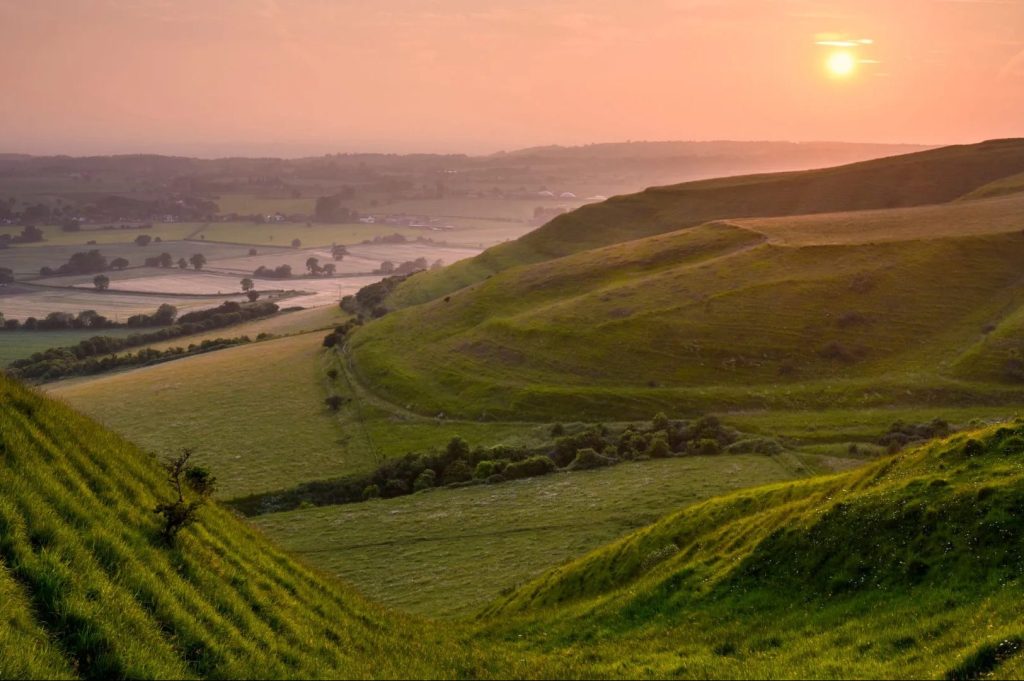








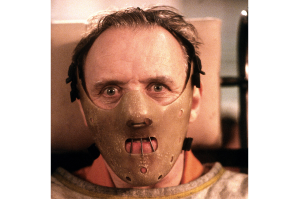
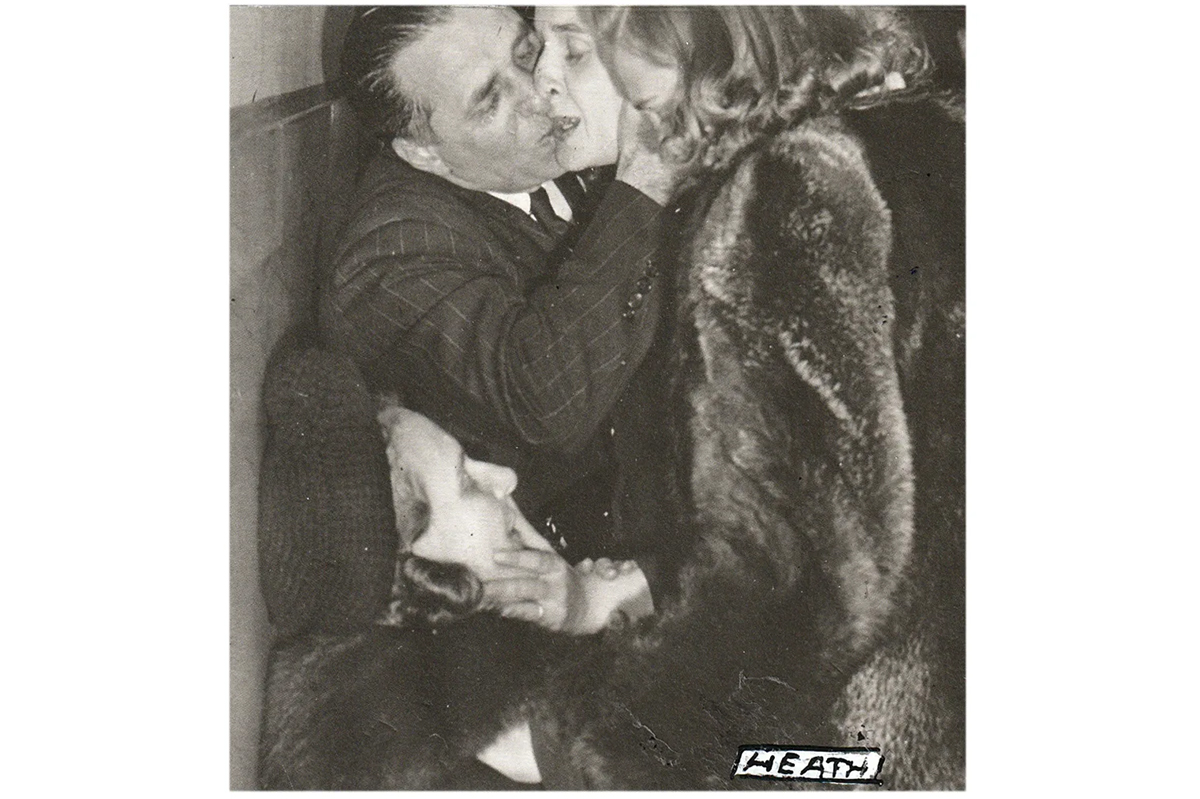
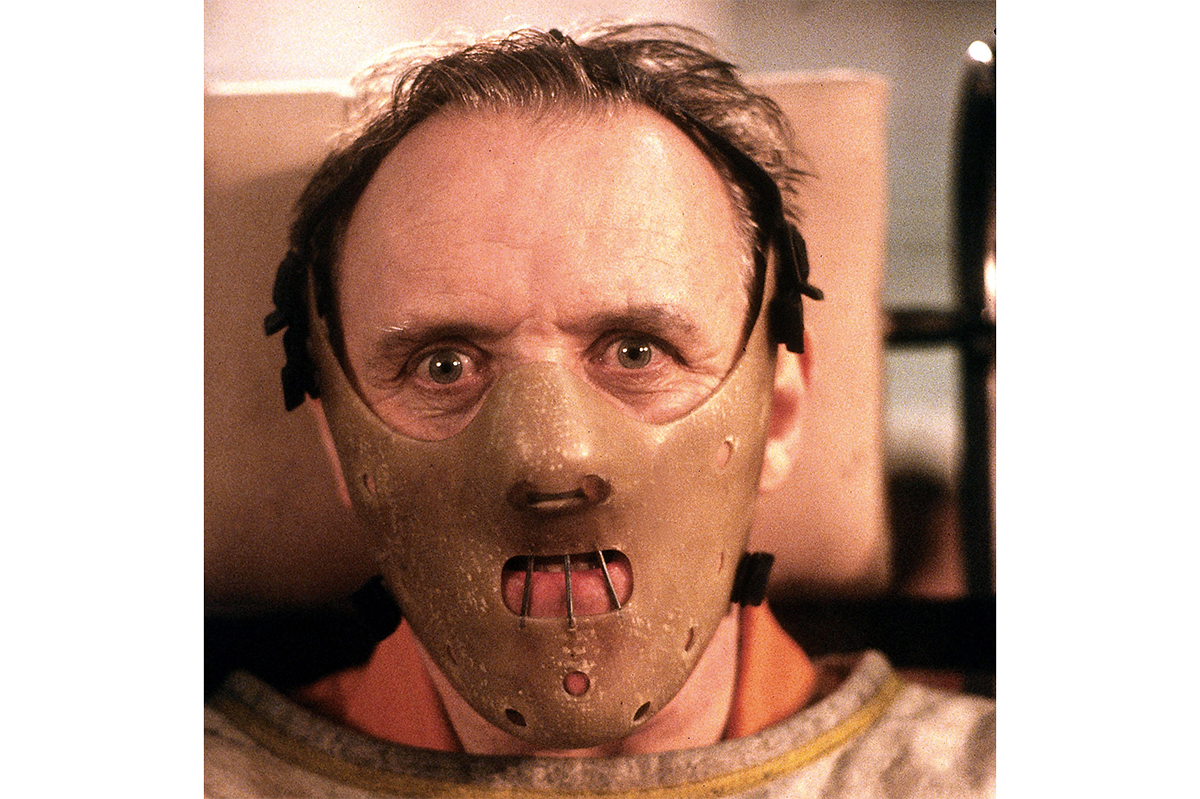

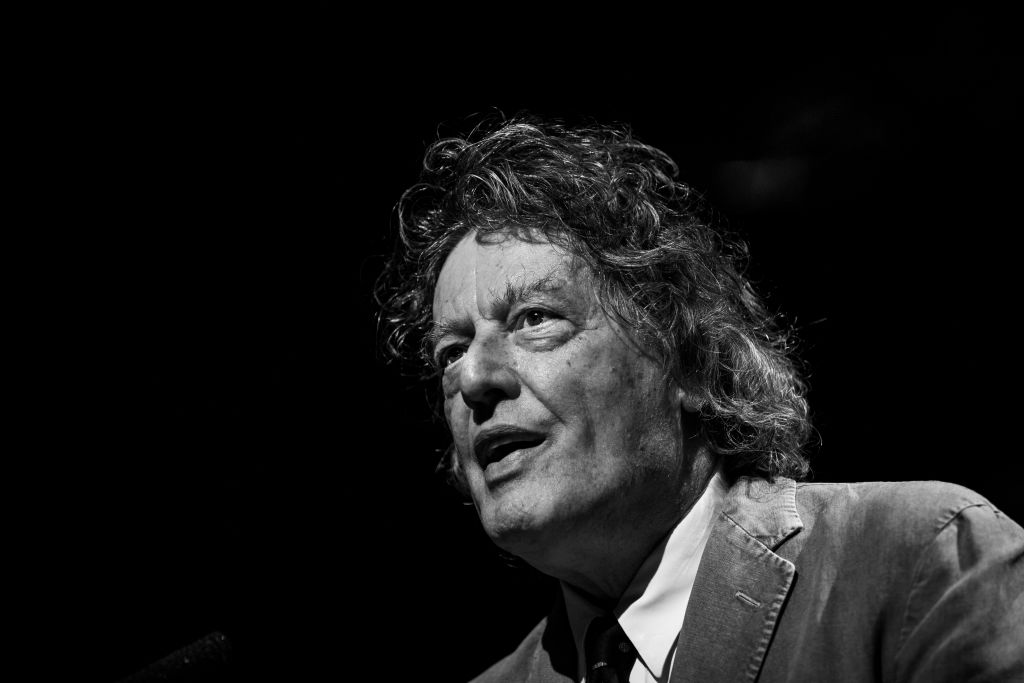









Leave a Reply